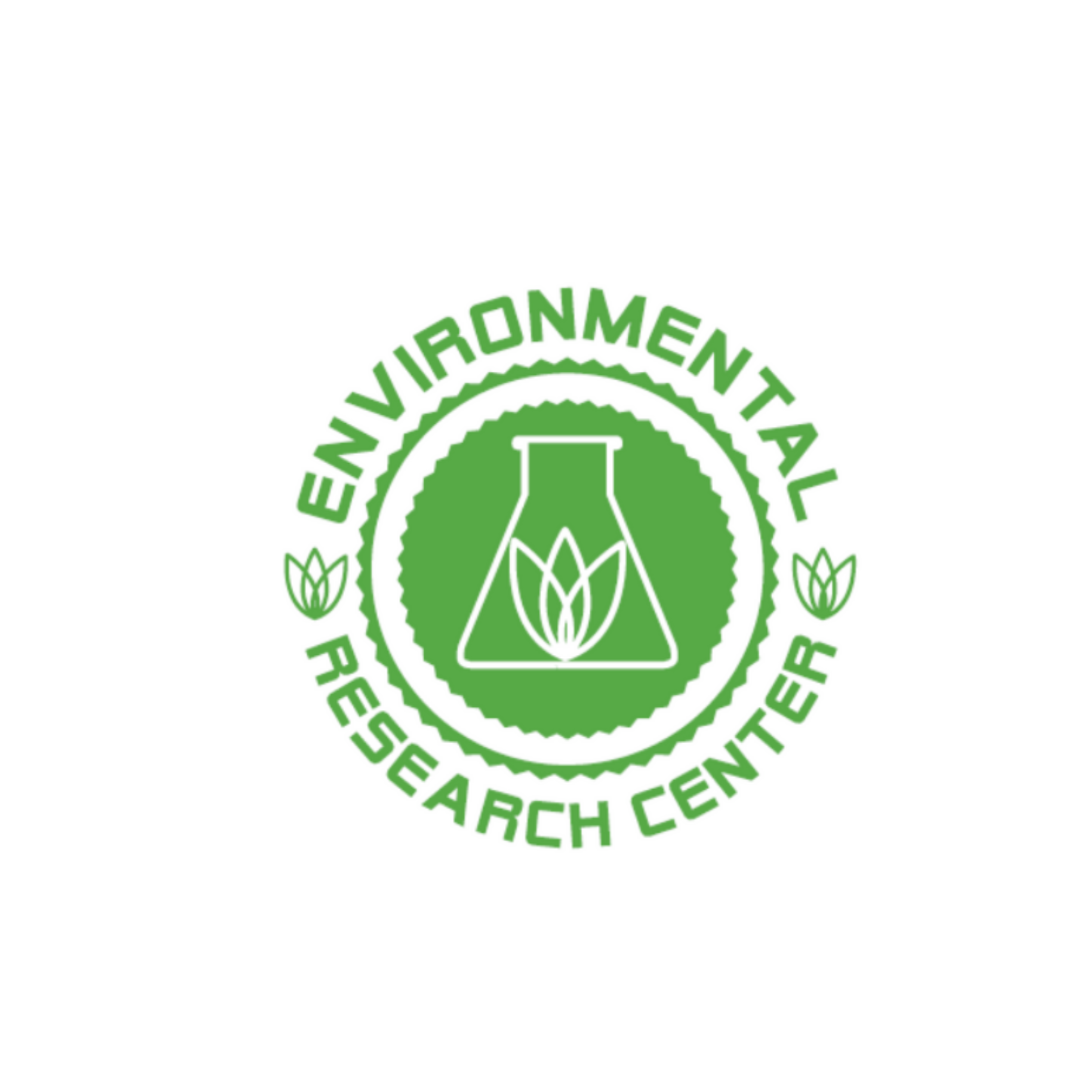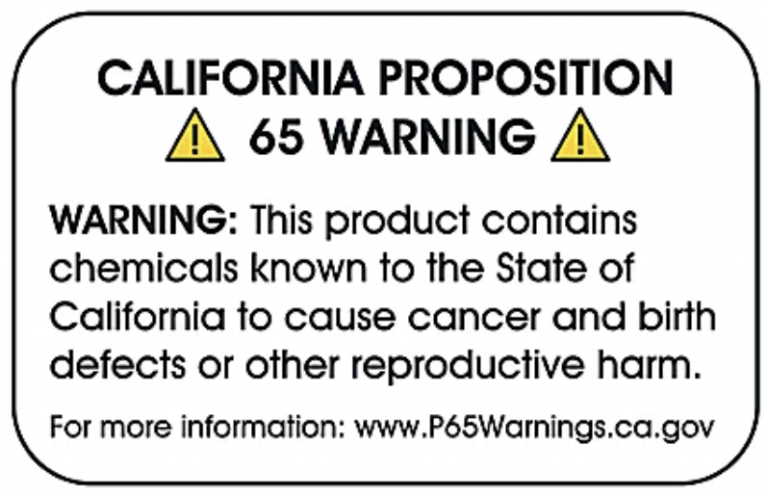Informed Shopping for Parents: What You Need to Know About Proposition 65
As a parent, keeping your family safe is a top priority — and that includes the products you bring into your home. From baby bottles to snack foods to personal care items, many everyday products can contain chemicals that pose serious health risks. That’s where California’s Proposition 65 comes in — and why informed shopping matters more than ever
What Is Proposition 65?
Also known as the Safe Drinking Water and Toxic Enforcement Act of 1986, Proposition 65 requires companies to provide clear warnings when their products expose consumers to chemicals known to cause cancer, birth defects, or other reproductive harm.
These warnings are often printed on product packaging or store signage, and they help parents make better decisions about the products they buy for their children and families.
Prop 65 doesn’t mean you have to fear every label — but it gives you the power to choose. As a parent, being aware of what’s in your products is the first step toward creating a healthier environment for your children.
If you see a product with a warning, ask questions. If you don’t like the answers, explore other options. Your voice and your purchases have the power to push brands toward cleaner, safer products.
Why Parents Should Pay Attention
Children aren’t just “smaller adults.” Their bodies are still developing — from their brains and lungs to their immune and reproductive systems. This makes them especially vulnerable to the effects of toxic chemicals, many of which are linked to serious health problems over time.
Unfortunately, many of these harmful substances are hiding in everyday products that families rely on: snacks, vitamins, toys, teething rings, shampoo, school supplies — even furniture. And in many cases, these products don’t carry clear warnings, unless required under Proposition 65.
Here’s why this matters for parents:
Higher exposure per pound: Kids breathe more air, drink more water, and eat more food relative to their body weight than adults — meaning they absorb more of any harmful chemicals in their environment.
Greater developmental risk: Exposure to toxins during pregnancy, infancy, and early childhood can have long-term impacts on learning, behavior, and growth.
Unregulated claims: Many brands use words like “natural” or “non-toxic” without legal definitions — but Prop 65 requires actual disclosure when listed chemicals are present above safe levels.
Disparities in safety enforcement: Not all companies take the same level of care in testing or labeling their products. Proposition 65 helps hold companies accountable, especially when they fail to warn families.
For parents, this law is more than just a label — it’s a vital early warning system. When a Prop 65 warning appears, it signals a possible exposure to chemicals like:
Lead, found in some baby food, candies, or supplements
Phthalates, used in plastics and fragrances
Arsenic, found in some rice-based products
Formaldehyde, released from some furniture and textiles
Acrylamide, found in some processed or browned foods
By staying alert to these warnings, parents can take meaningful steps to reduce their family’s exposure — and send a clear message to companies that transparency and safety matter.
What to Do If You Spot a Product Without a Warning
If you suspect that a product should carry a Prop 65 warning but doesn’t, you can take action:
Check the California OEHHA database to see if the chemical and product are listed.
Contact the manufacturer and ask for testing data or certifications.
File a tip or report with ERC or another nonprofit involved in Prop 65 enforcement.
Share your concern on social media or in parent groups to spread awareness.
Remember: Prop 65 enforcement is often driven by consumer advocacy groups and nonprofits — not state agencies. Your voice can help protect other families, too.
What a Proposition 65 Warning Doesn't Mean
It’s important to understand what these labels do — and don’t — tell you.
It doesn’t mean the product is banned. Prop 65 doesn’t outlaw chemicals; it simply requires warning labels when exposure exceeds safety thresholds.
It doesn’t mean the product will definitely cause harm. The risk depends on frequency, dosage, and individual vulnerability.
It doesn't guarantee transparency. Some companies comply with Prop 65 by adding a generic label — but don’t disclose which chemical is involved or in what amount.
This makes it all the more important for consumers to investigate beyond the label when shopping for their families.
How to Talk to Your Kids About Safer Choices
Shopping safe isn’t just about parental choices — it’s also a teaching opportunity. Help your kids develop healthy habits early:
Let them help pick out snacks with cleaner ingredients.
Teach them to recognize “clean” brands and certifications.
Explain that “less plastic” often means “less exposure.”
Involve them in DIY swaps, like making natural cleaners or choosing stainless steel lunchboxes.
Even small steps can plant the seeds for a lifetime of healthier, more informed decisions.
6 Tips for Safer, Informed Shopping
Look for the Warning Label
Products sold in California (and often nationwide) must include a Prop 65 warning if they contain certain levels of harmful chemicals. These labels typically say:
“WARNING: This product can expose you to chemicals…”
Do Your Research Before You Buy
Visit websites like oehha.ca.gov/prop65 or nonprofit watchdog organizations to see if a product or company has been flagged in a Proposition 65 lawsuit.
Choose Certified or “Clean” Brands
Look for companies that are transparent about ingredients, use third-party testing, or carry certifications like USDA Organic, Made Safe, or EWG Verified.
Be Cautious with Imported Products
Some imported toys, cosmetics, and supplements may not meet U.S. safety standards and are more likely to contain chemicals that trigger Prop 65 warnings.
Follow Consumer Advocacy Groups
Organizations like the Environmental Research Center (ERC) monitor Prop 65 violations and alert the public when companies fail to warn consumers. Following these groups can help you stay informed about new risks.
Keep a “Red Flag” List on Your Phone
Make a simple list of products, ingredients, or brands you want to avoid based on past Prop 65 warnings. Having it handy while shopping — online or in-store — makes quick, informed decisions easier.
Stay Informed with ERC
At Environmental Research Center, we work to hold companies accountable for toxic exposures — especially those that affect families and children. Follow us on social media or subscribe to our newsletter for updates on recent Prop 65 violations, safety alerts, and tips for toxin-free living.
Protecting your kids starts at the checkout line.
Know your rights. Read the labels. And choose safe.



